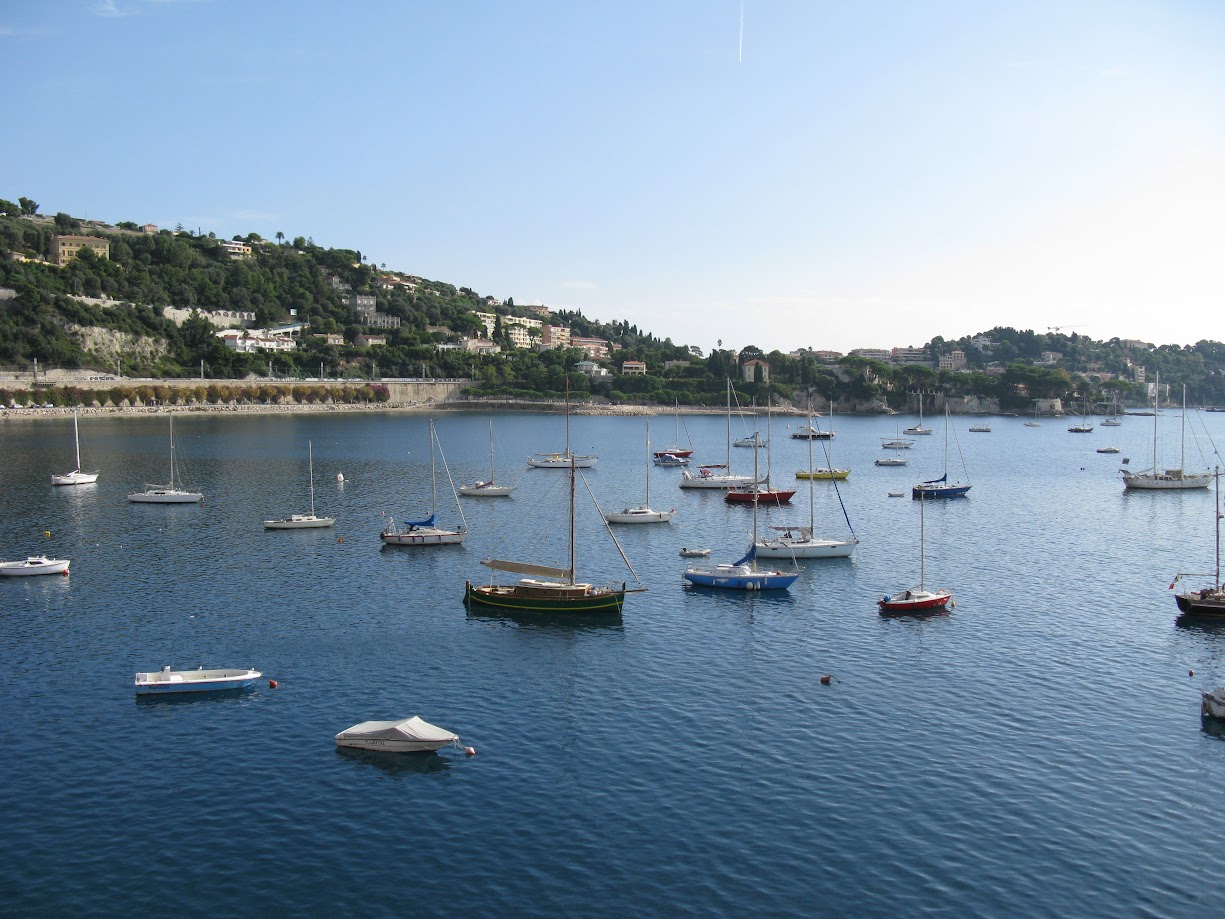Category: Main article
-
Iris’s Diary of an Overland Trip through South America: Rio!
And so we left Buenos Aires and now here I am in Brazil! We crossed the border last night after visiting the Iguaçu waterfalls on the Argentinean side, which was
-
Traveller’s Diseases: Giardiasis
What is it: Giardiasis is a diarrhoea illness caused by a microscopic parasite (Giardia intestinalis) that lives in the intestines of people and animals. It can occur anywhere in the
-
Meeting News from London
Globetrotters meeting 6th September 2003 by Padmassana We had a very special guest join us at the September Globetrotters meeting, despite not being announced, we were honoured that Mary-Jane Sweet
-
Mac’s Jottings: Japan
U. S. Soldiers Home, Washington: during a century of travel (well 78 years!) both in and out of service I have travelled to over 150 countries (I count both North
-
Meeting News from New York
Stop press, the NY October meeting has been cancelled. For details of forthcoming meetings email newyork@globetrotters.co.uk or register for email updates, click here at our website. New York meetings are
-
Meeting News from Ontario
For information on Ontario meetings, please contact Svatka Hermanek: shermanek@schulich.yorku.ca or Bruce Weber: tel. 416-203-0911 or Paul Webb: tel. 416-694-8259. Meetings are held on the third Friday of January, March,
-
Meeting News from Texas
Globetrotters meeting on October 11th at 2pm If you like independent, adventuresome, fun, daring, exciting, “off the beaten path” travel, this club is for you. Our meeting begins at 2
-
Boycott Lonely Planet
The Burma Campaign UK is calling for a boycott of all Lonely Planet (LP) publications until Lonely Planet withdraws its Burma guide from the market. The Burma Campaign say that

